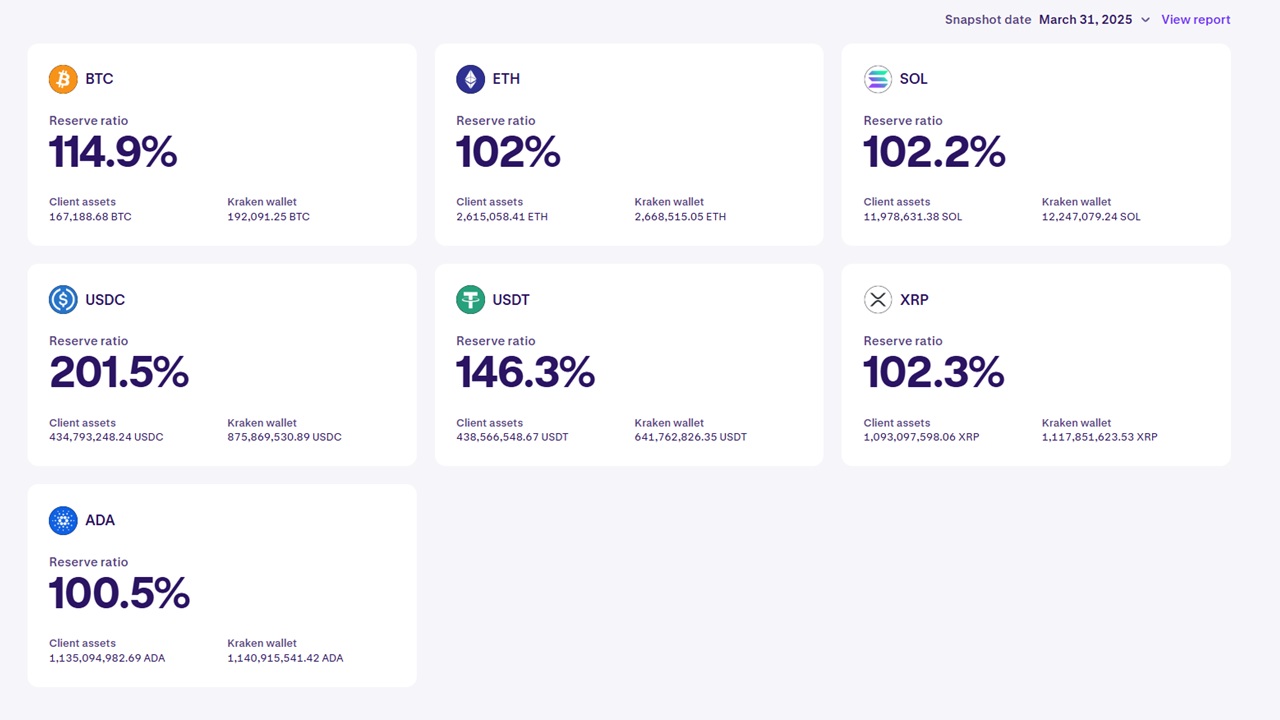Chinese Brokerage Giant Warns Tether ‘Will Inevitably Be Eroded’ by Compliant Stablecoins
The post Chinese Brokerage Giant Warns Tether ‘Will Inevitably Be Eroded’ by Compliant Stablecoins appeared on BitcoinEthereumNews.com. New stablecoin rules in the EU and U.S. are making it harder for Tether to stay competitive in mainstream finance, according to a report by a major Chinese financial firm. New stablecoin rules from major jurisdictions, particularly the U.S., are reshaping the global digital asset market and presenting significant challenges for Tether’s USDT, the largest stablecoin with a market capitalization of over $160 billion. A recent research report from Zhou Hao, the Chief Economist at Guotai Junan International, a multi-billion-dollar financial services firm, suggests that Tether may face a “severe challenge” as the U.S. moves toward a compliant stablecoin regulatory framework. Zhou claims that Tether’s market share and influence “will inevitably be eroded by compliant stablecoins,” according to a translation from the Chinese version. “However, in regulatory grey zones, regions with failed fiat currencies, and within the core liquidity layer of the crypto-native ecosystem, Tether may still maintain a sizable ‘offshore survival space’ due to its network effects and first-mover advantage,” Zhou added. According to Zhou, in countries experiencing currency instability or high inflation — such as Nigeria — Tether remains a widely used tool for storing value, facilitating cross-border payments, and even paying wages. As global interest in “de-dollarization” grows, the report suggests that non-dollar stablecoins could find “new opportunities” by addressing regional demands and linking to use cases like infrastructure and remittances, Zhou writes. Tether is yet to respond to The Defiant’s request for comment. Mounting Pressure Tether has been under pressure for some time now as new rules in the EU and the U.S. reshape the stablecoin market. Europe’s MiCA framework — now in effect — requires stablecoin issuers to hold reserves in EU-regulated banks, undergo audits, and meet strict governance standards, criteria Tether hasn’t fully met. Meanwhile, in the U.S., the GENIUS Act calls for full…

The post Chinese Brokerage Giant Warns Tether ‘Will Inevitably Be Eroded’ by Compliant Stablecoins appeared on BitcoinEthereumNews.com.
New stablecoin rules in the EU and U.S. are making it harder for Tether to stay competitive in mainstream finance, according to a report by a major Chinese financial firm. New stablecoin rules from major jurisdictions, particularly the U.S., are reshaping the global digital asset market and presenting significant challenges for Tether’s USDT, the largest stablecoin with a market capitalization of over $160 billion. A recent research report from Zhou Hao, the Chief Economist at Guotai Junan International, a multi-billion-dollar financial services firm, suggests that Tether may face a “severe challenge” as the U.S. moves toward a compliant stablecoin regulatory framework. Zhou claims that Tether’s market share and influence “will inevitably be eroded by compliant stablecoins,” according to a translation from the Chinese version. “However, in regulatory grey zones, regions with failed fiat currencies, and within the core liquidity layer of the crypto-native ecosystem, Tether may still maintain a sizable ‘offshore survival space’ due to its network effects and first-mover advantage,” Zhou added. According to Zhou, in countries experiencing currency instability or high inflation — such as Nigeria — Tether remains a widely used tool for storing value, facilitating cross-border payments, and even paying wages. As global interest in “de-dollarization” grows, the report suggests that non-dollar stablecoins could find “new opportunities” by addressing regional demands and linking to use cases like infrastructure and remittances, Zhou writes. Tether is yet to respond to The Defiant’s request for comment. Mounting Pressure Tether has been under pressure for some time now as new rules in the EU and the U.S. reshape the stablecoin market. Europe’s MiCA framework — now in effect — requires stablecoin issuers to hold reserves in EU-regulated banks, undergo audits, and meet strict governance standards, criteria Tether hasn’t fully met. Meanwhile, in the U.S., the GENIUS Act calls for full…
What's Your Reaction?





































